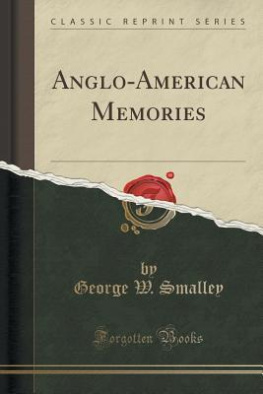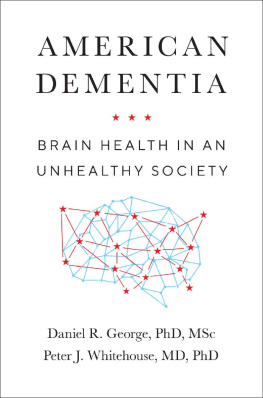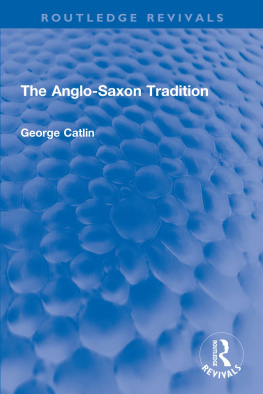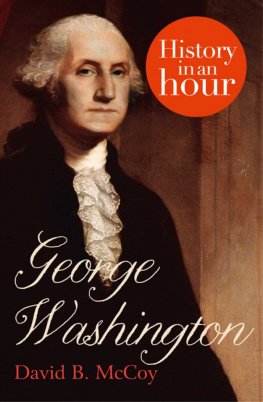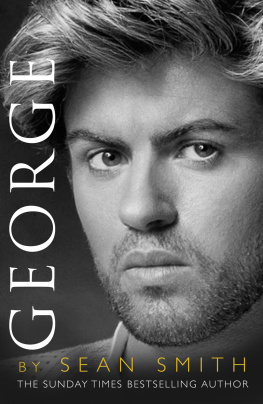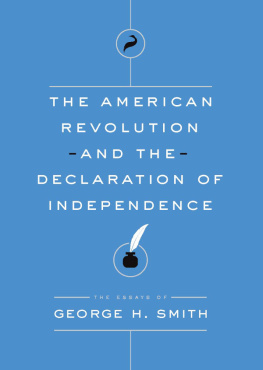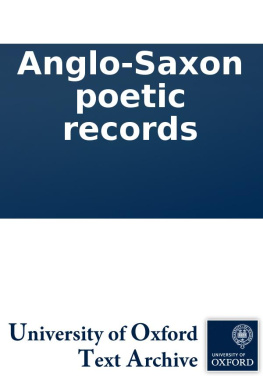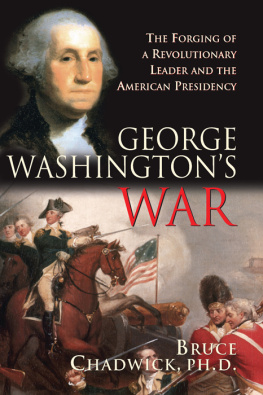George Smalley
George Smalley
ANGLO-AMERICAN
MEMORIES
BY
GEORGE W. SMALLEY, M.A.
AUTHOR OF "STUDIES OF MEN,"
"LIFE OF SIR SYDNEY WATERLOW," ETC.
G. P. PUTNAM'S SONS
NEW YORK AND LONDON
The Knickerbocker Press
1911
Copyright, 1911
BY
GEORGE W. SMALLEY
The Knickerbocker Press, New York
PREFACE
These Memories were written in the first instance for Americans and have appeared week by week each Sunday in the New York Tribune. This may be evident enough from the way in which some subjects are dealt with. But they must stand in great part as they were written since the book is published both in London and New York.
They are, in some slight degree, autobiographical, but only so far as is necessary to explain my relations with those men and women of whom I have written, or with the great journal, the New York Tribune, I so long served. But they are mainly concerned with men of exceptional mark and position in America and Europe whom I have met, and with events of which I had some personal knowledge. There is no attempt at a consecutive story.
LONDON, December, 1910.
Contents
New England in 1850Daniel Webster
Massachusetts PuritanismThe Yale Class of 1853
Yale ProfessorsHarvard Law School
How Massachusetts in 1854 Surrendered the Fugitive Slave Anthony Burns
The American Defoe, Richard Henry Dana, Jr
A Visit to Ralph Waldo Emerson
Emerson in EnglandEnglish TraitsEmerson and Matthew Arnold
A Group of Boston LawyersMr. Olney and Venezuela
Wendell Phillips
Wendell Phillips and the Boston Mobs
Wendell PhillipsGovernor AndrewPhillips's Conversion
William Lloyd GarrisonA Critical View
Charles SumnerA Private View
Experiences as Journalist during the Civil War
Civil WarGeneral McClellanGeneral Hooker
Civil WarPersonal Incidents at Antietam
A Fragment of Unwritten Military History
The New York Draft Riots in 1863Notes on Journalism
How The Prussians after Sadowa Came Home to Berlin
A Talk with Count Bismarck in 1866
American Diplomacy in England
Two Unaccredited Ambassadors
Some Account of a Revolution in International Journalism
Holt White's Story of Sedan and How it Reached the "New York Tribune"
Great Examples of War Correspondence
A Parenthesis
"Civil War?"Incidents in the 'EightiesSir George TrevelyanLord Barrymore
Sir Wilfrid Laurier and the Alaska Boundary
Annexing CanadaLady AberdeenLady Minto
Two Governors-General, Lord Minto and Lord Grey
Lord KitchenerPersonal Traits and Incidents
Sir George LewisKing's Solicitor and FriendA Social Force
Mr. MillsA Personal Appreciation and a Few Anecdotes
Lord Randolph ChurchillBeing Mostly Personal Impressions
Lord Glenesk and "The Morning Post"
Queen Victoria at BalmoralKing Edward at DunrobinAdmiral Sir Hedworth LambtonOther Anecdotes
Famous Englishmen Not in Politics
Lord St. HelierAmerican and English MethodsMr. Benjamin
Mrs. Jeune, Lady Jeune, and Lady St. Helier
Lord and Lady Arthur Russell and the "Salon" in England
The Archbishop of CanterburyQueen Alexandra
A Scottish Legend
A Personal Reminiscence of the Late Emperor Frederick
Edward the Seventh as Prince of WalesPersonal Incidents
Prince of Wales and King of EnglandThe Personal Side
As KingSome Personal and Social Incidents and Impressions
ANGLO-AMERICAN MEMORIES
ANGLO-AMERICAN MEMORIES
CHAPTER I
NEW ENGLAND IN 1850DANIEL WEBSTER
My memories begin with that New England of fifty years ago and more which has pretty well passed out of existence. I knew all or nearly all the men who made that generation famous: Everett; Charles Sumner, "the whitest soul I ever knew," said Emerson; Wendell Phillips; Garrison; Andrew, the greatest of the great "War Governors"; Emerson; Wendell Holmes; Theodore Parker; Lowell, and many more; and of all I shall presently have something to say. Earlier than any of them comes the Reverend Dr. Emmons, a forgotten name, for a long time pastor of the little church in the little town of Franklin, where I was born, in Norfolk County, in that State of Massachusetts on which Daniel Webster pronounced the only possible eulogy: "I shall enter on no encomium upon Massachusetts; she needs none. There she is. Behold her, and judge for yourselves. There is her history; the world knows it by heart." Whether the world knows it by heart may be a question. We are perhaps a little too apt to assume that things American loom as large to other eyes as to our own. But whether the world knows Massachusetts by heart or not, we know it; and the rest does not much matter. Every son of hers will add for himself "God bless her."
Dr. Emmons was of the austere school of Calvinists, descending more directly from the still more austere school of Jonathan Edwards. I cannot have been more than three or four years old when I last saw him, but I see him still: tall, slight, bent, wasted; long grey locks floating loosely about his head; his face the face of an ascetic, yet kindly, and I still feel the gentle touch of the old man's hand as it rested on my baby head. And I see the imprint of his venerable feet, which it was his habit to rest on the painted wainscotting of his small, scantily furnished study.
My father was first his colleague, then his successor; then was called, as the phrase is, to the Second Congregational Church in Worcester; whence he passed many years later to the First Presbyterian Church in Troy, N.Y., where he died. Worcester was at that time1840 to 1860a charming example of the thriving New England village which had grown to be a town with pleasant, quiet streetseven Main Street, its chief thoroughfare, was quietand pleasant houses of colonial and later styles standing in pleasant grounds. A beautiful simplicity of life prevailed, and a high standard; without pretence, not without dignity. The town had given, and was to give, not a few Governors to the Commonwealth: Governor Lincoln, Governor Davis ("Honest John"), another Lieutenant-Governor Davis, and two Governor Washburns: to the first of whom we lived next door in Pearl Street; in the shadow of the Episcopal Church of which the Rev. Dr. Huntington, translated afterward to Grace Church in New York and widely known, was rector. Later I read law for a year in the office of Governor Washburn's partner: afterward that Senator Hoar who in learning and capacity stood second to few in Washington, and in character to none.
Twenty years ago, my mind filled with these images of almost rural charm, I went back on a visit to Worcester. It had grown to be a city of near one hundred thousand people, and unrecognizable. The charm had vanished. The roar of traffic was to be heard everywhere; surface cars raced through the streets; blazing gilt signs with strange and often foreign names emblazoned on them in gigantic letters, plastering and half hiding the fronts of the buildings; mostly new. It might have been a section of New Yorkat any rate it was given over to the fierce competition of business. Of the tranquillity which once brooded over the town, no trace was left. I suppose it all means prosperity, in which I rejoice; but it was not my Worcester.

